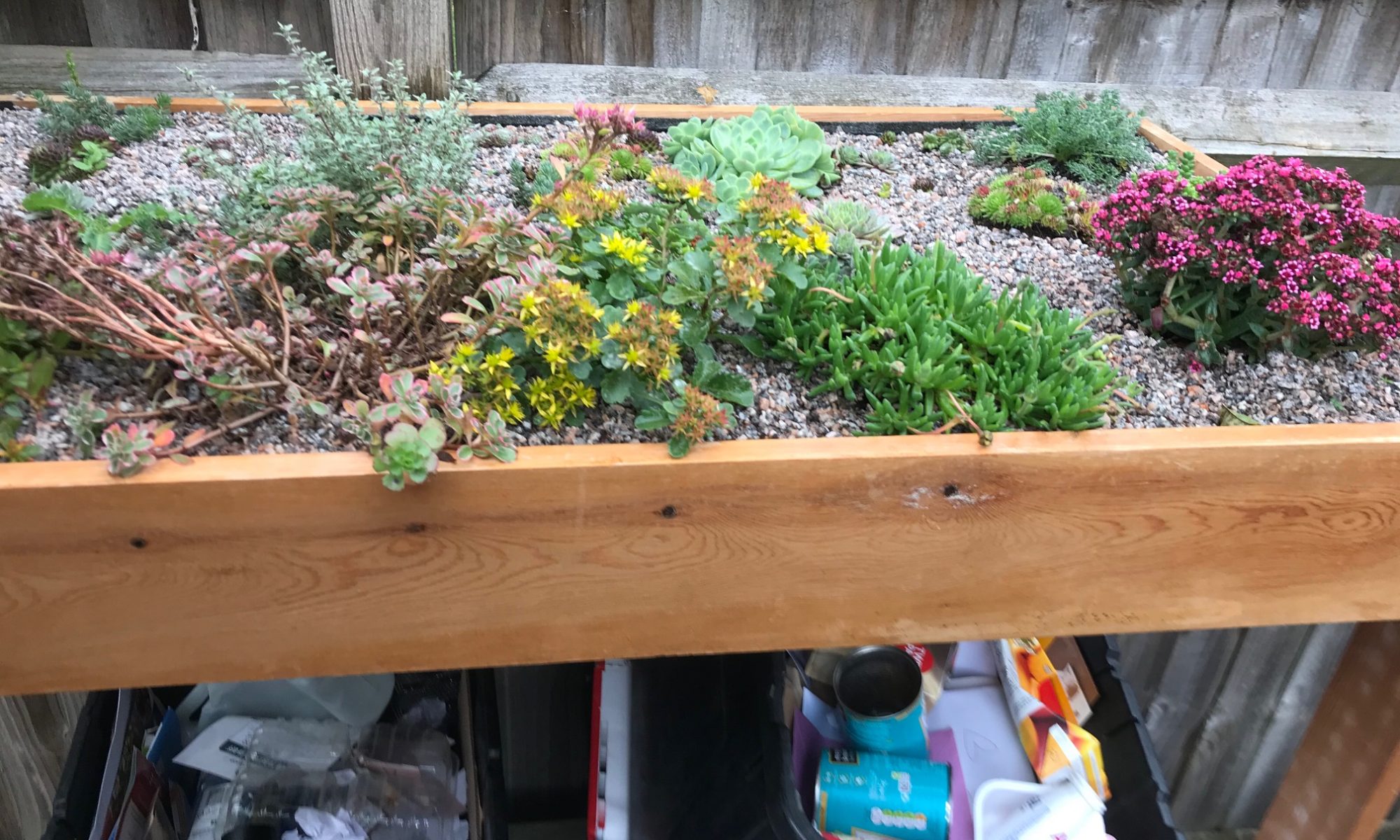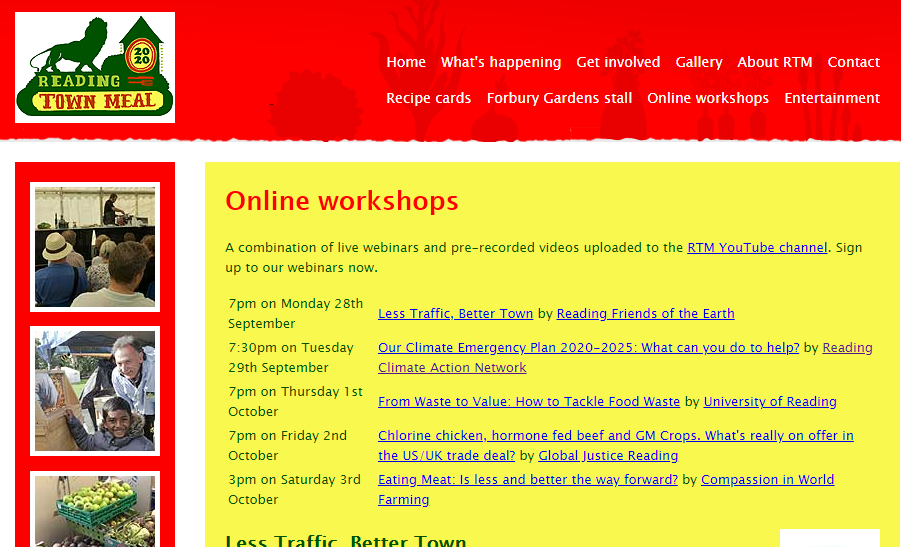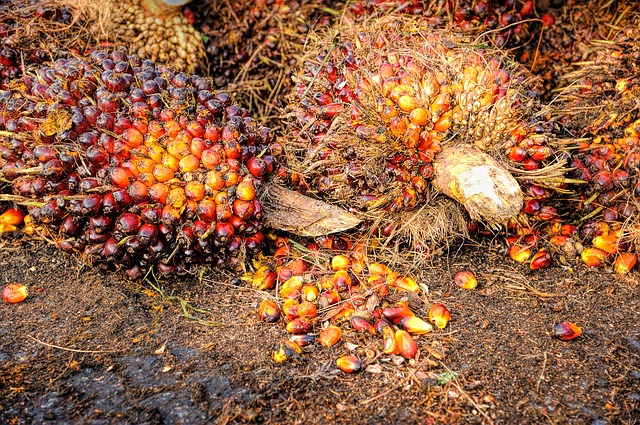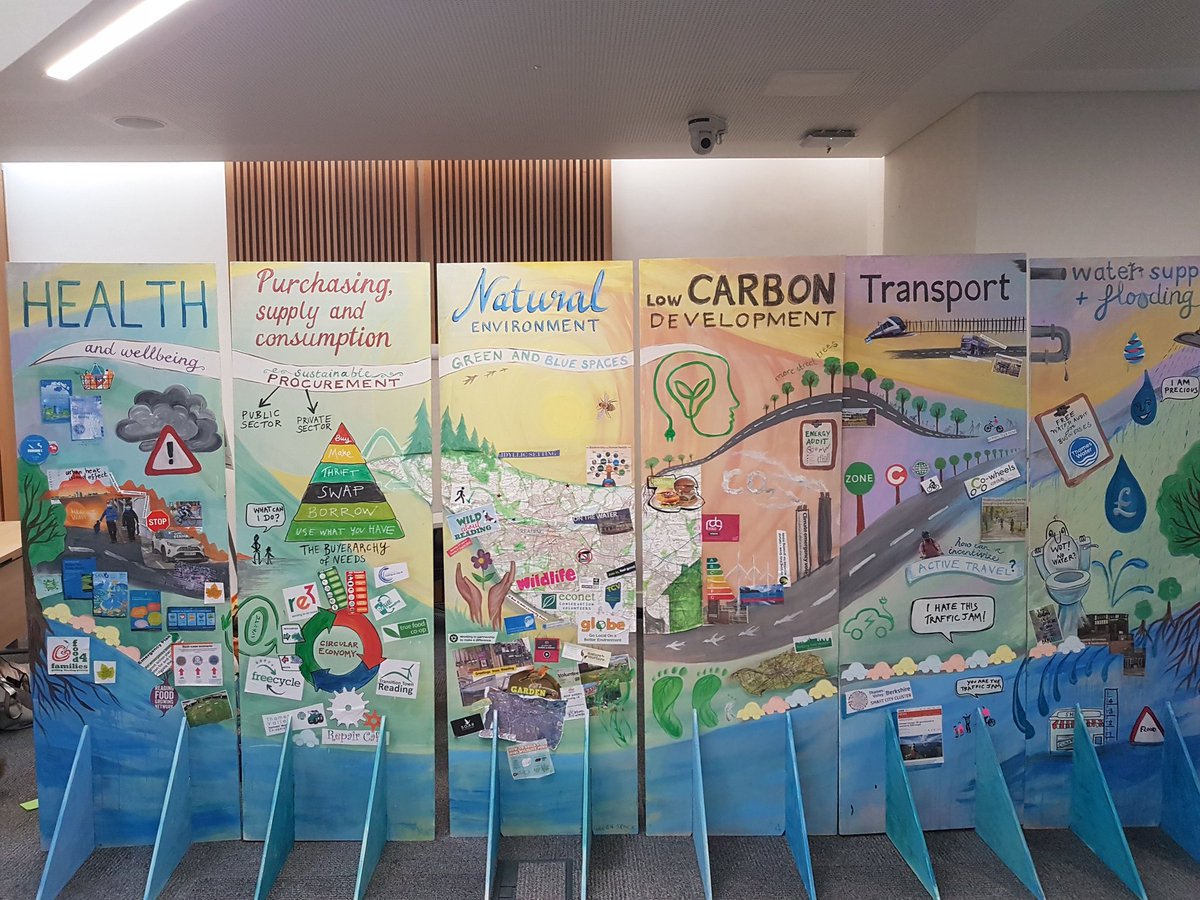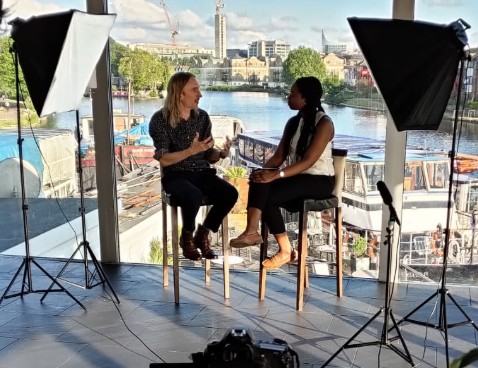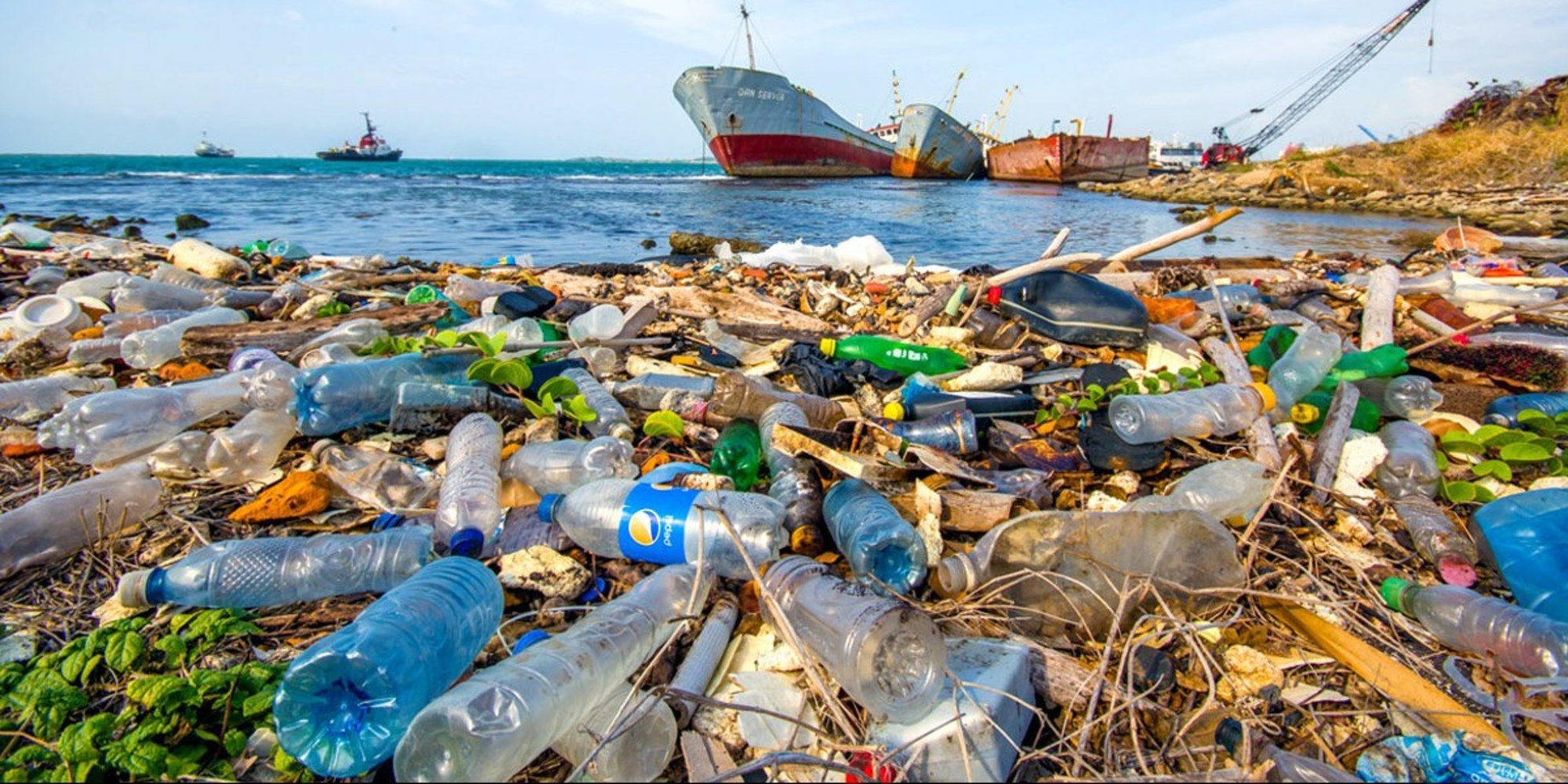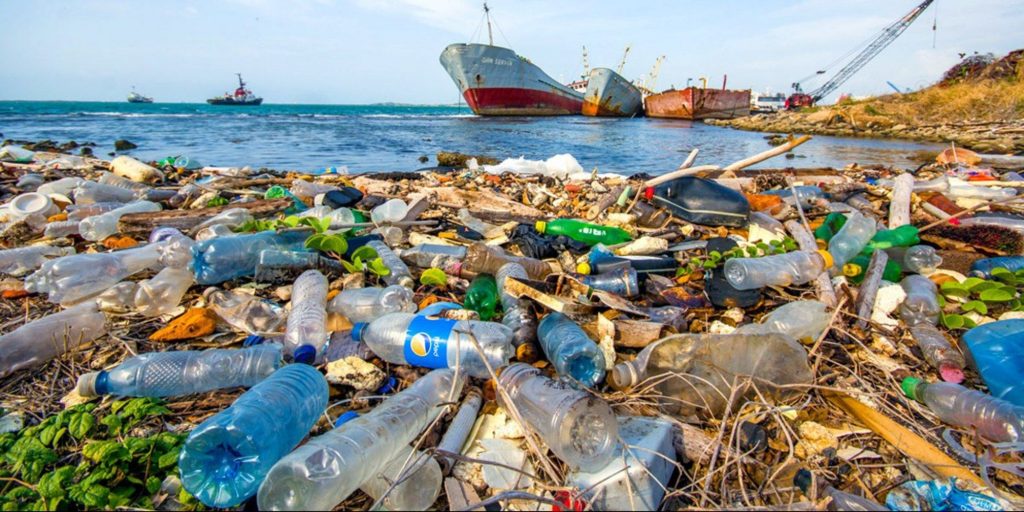We had a fantastic launch event on the 13th June. This opened the 6 month consultation on the 3rd Reading Climate Change Strategy.
Please do get involved: your ideas, energy and commitment are going to be really important to make a real success of this. You can take part in a number of different ways e.g. by attending meetings, commenting on proposals and encouraging others to also engage in shaping Reading’s future. To get in touch with the various themes, please find the contact details below:
4 cross-cutting themes have also been identified:
- Education
- Adaptation (Resilience)
- Business
- Community
To get involved with these cross-cutting themes, or if you have any general questions or suggestions please contact info@readingcan.org.uk.
Each theme will have one of the action plans that are the backbone of the strategy. For more details about all of the themes, please scroll down.
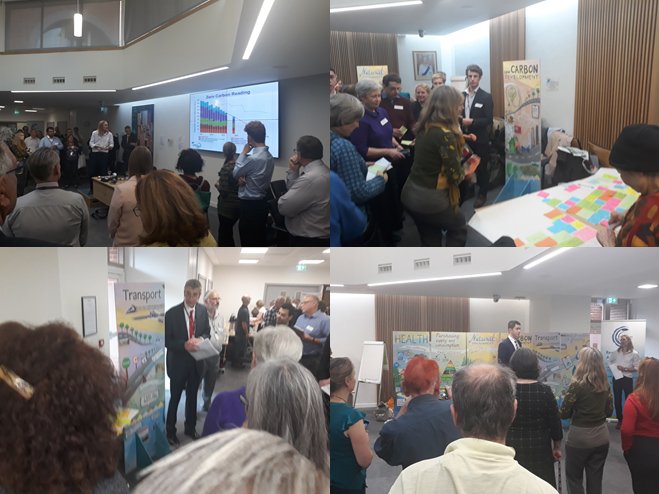
Water Supply and Flooding:
The current strategic priorities are:
- to manage supply of and demand for water
- to provide guidance about safe reuse of water
- to reduce the expected impact of water shortages on consumers and on wildlife
- to reduce the risk of flooding, pollution, and potential damage to homes
- to develop an adaptation plan for Reading so we can plan for extreme events associated with the changing climate.
Key questions in meeting these aims are:
- What will prevent us from getting the water we need?
- How can we engage in practical water efficiency messages, calling people to help build a water efficient town, using and reusing water sustainably?
- How can we measure the real impacts of flooding, not only as events, but also the damaging effects to the local economy and the domestic, community, and business lives, and not to forget to the sustainability of the town?
We can then use this to draw together an outline plan for the Town of Reading.
To find out more and get involved email: water@readingcan.org.uk
Transport and mobility:
Transport has a key role to play in tackling climate change. Solutions to the transport and mobility question can also improving air quality and promoting health and wellbeing, whilst enabling economic growth and housing delivery. In addition to the Climate Change Strategy, the Council are in the process of updating the transport strategy for Reading, prioritising the provision of sustainable transport to encourage the use of public transport, walking and cycling as an attractive alternative to the private car.
Key questions in meeting these aims are:
- What is it about our way of life that encourages private vehicle ownership and non-low carbon transport infrastructure?
- What kind of alternatives can we imagine and how might we influence or bring about these changes?
- What technologies and solutions can help reduce the dependency on fossil fuel based transport systems whilst continuing to service our economy and communities?
To find out more and get involved email: transport@readingcan.org.uk
Health:
Climate change and associated air pollution is worsening physical and mental health and negatively affecting food production.
One of the key questions for this theme is:
- In what ways might emphasising climate change as a personal and public health issue in Reading encourage people to participate in steps to curb climate change?
To find out more and get involved email: health@readingcan.org.uk
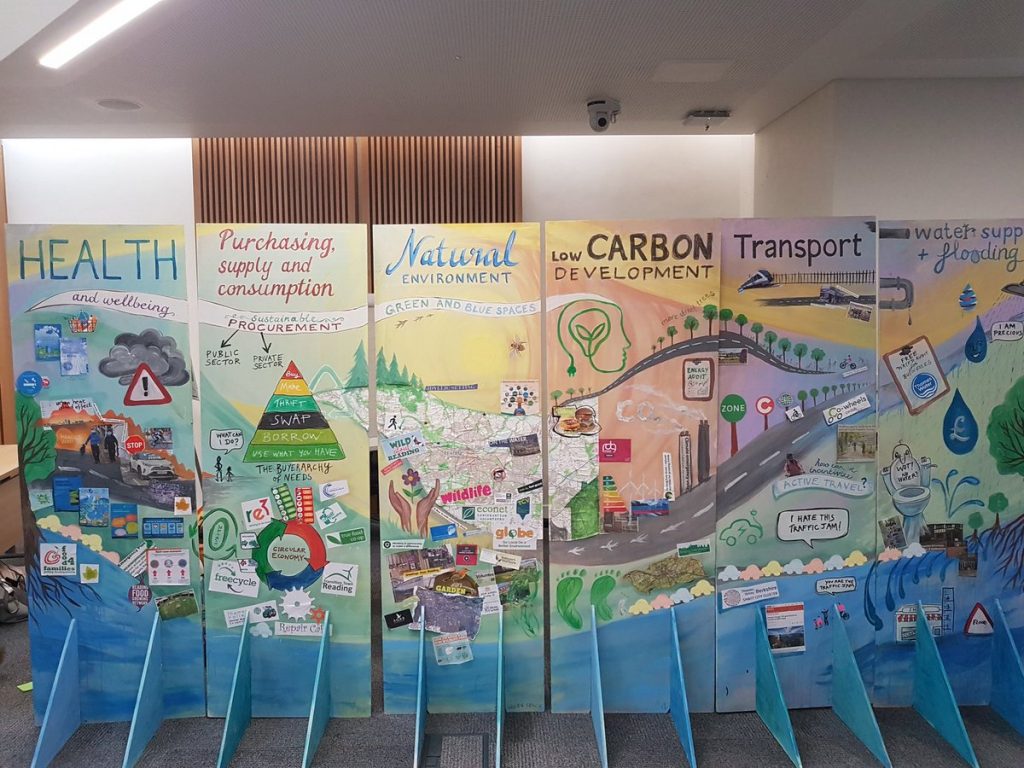
Natural Environment and Green spaces:
The new local plan requires identification and enhancement of wildlife corridors through the town, connecting the existing green spaces and ensuring that new development contributes rather than detracts from these aims. Private gardens and business sites could be part of the solution. Green spaces need enhancement for nature conservation, management of water flows and droughts, assisting in reducing air pollution and urban heating and improving well-being.
One of the key questions for this theme is:
- What are the changes needed and how do we get the community to participate?
To find out more and get involved email: nature@readingcan.org.uk
Energy and Low Carbon Development:
Maybe one of the most challenging topics that is on the forefront of the Climate Change issue. We all need to find a way to reduce our energy consumption and use renewable energy for the energy we do use. This is closely linked to carbon emissions and solutions to both problems tend to go hand in hand.
Key questions in meeting these aims are:
- How can we bring about a reduction in energy demand?
- What renewable energy technologies will be best for Reading and how can these be encouraged and installed?
- How can buildings reduce energy consumption and are there alternative ways of heating and cooling buildings?
To find out more and get involved email: energy@readingcan.org.uk
Purchasing, Supply and Consumption:
In short: stuff. Every choice we make about what to buy and consume has consequences. Our society has come to rely on a make-use-dispose model of consumption that assumes resources are infinite – both the raw materials and the energy used to manufacture goods. We have come to expect to be able to buy out of season and non-indigenous foods regardless of the water, materials and energy used to grow, package and transport them. In a zero-carbon future, we will need better ways to harness and conserve resources to deliver the quality of life we desire without leaving an unwelcome legacy for future generations.
One of the key questions for this theme is:
- How are we able to consume less or in a much more considerate way?
To find out more and get involved email: resources@readingcan.org.uk
Cross-cutting themes:
The cross-cutting themes are common across the strategy. They do not have action plans themselves but they are useful lens to look across the 6 main themes. As we launch the strategy, we have identified 4 cross-cutting themes. This number could grow through time.
- Education – this theme covers the interaction with schools, colleges and other educational establishments, as well as a general sharing of our “learning about climate change” so we can all make better informed decisions.
- Adaptation (Resilience) – this theme captures the need to “Get Reading Ready” for the changes that we expect to happen with the changing climate. Weather patterns are already shifting, and the risks associated with extreme events are increasing. We must prepare for this, and our First Reading Adaptation Plan will help to guide our initial steps.
- Business – the business community has a very important role in helping us to deliver our strategy, as well as ensuring that each individual business is switched-on to the twin challenges of getting ready for climate change and cutting our carbon footprint to zero by 2030.
- Community – the community of Reading is diverse and complex, with varying levels of engagement and capacity when it comes to climate change. We need to grow the Reading Climate Action Network (ReadingCAN) to make sure we get through to everyone who lives, works and visits this town. We need to help people to make good choices and pick up an optimistic vision of the future for Reading.
To find out more and get involved email: info@readingcan.org.uk


